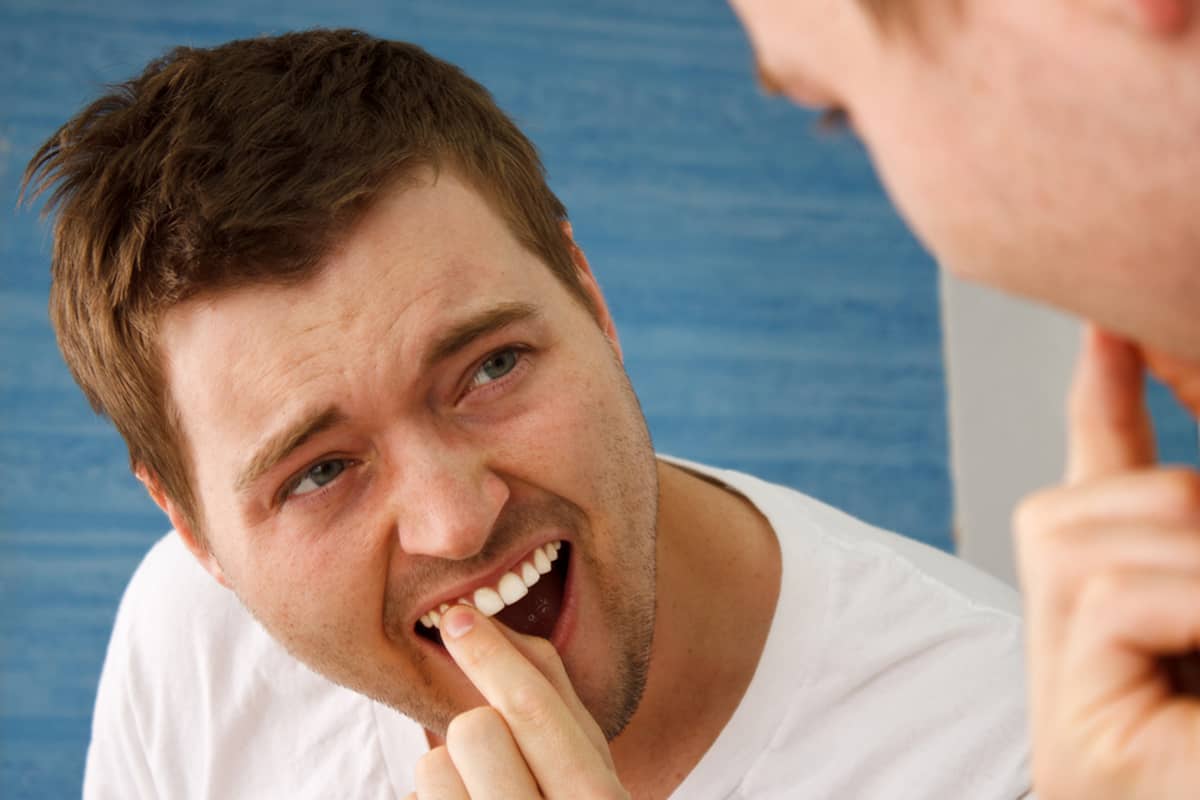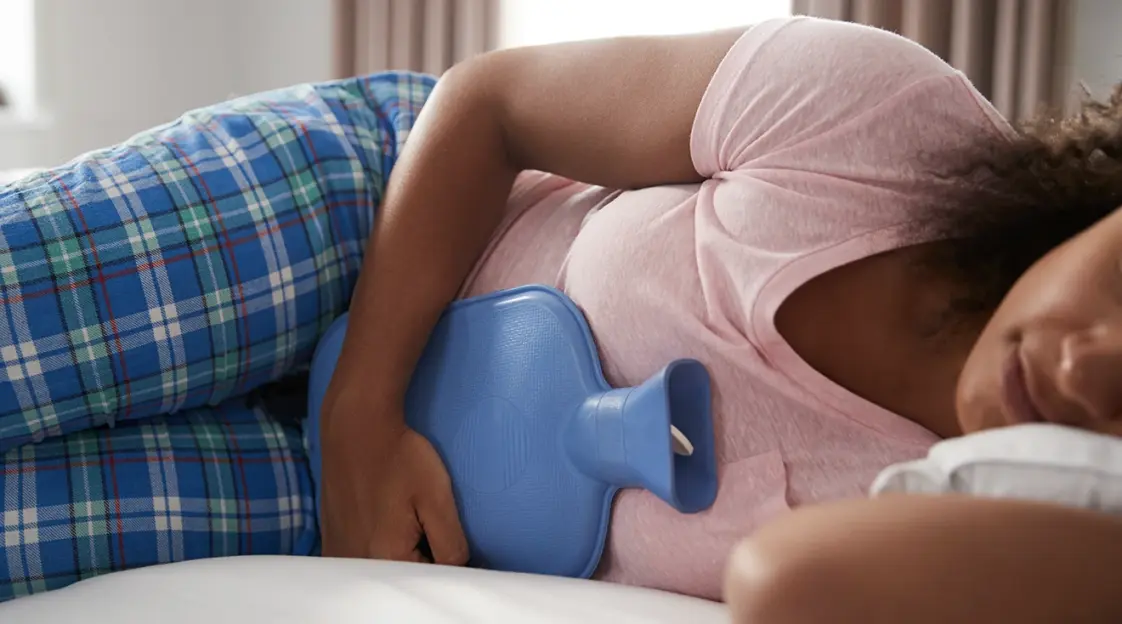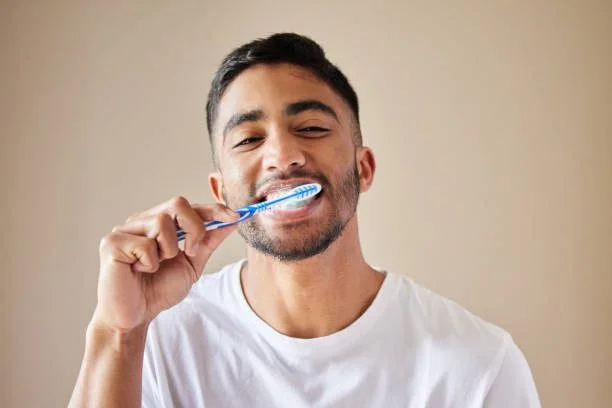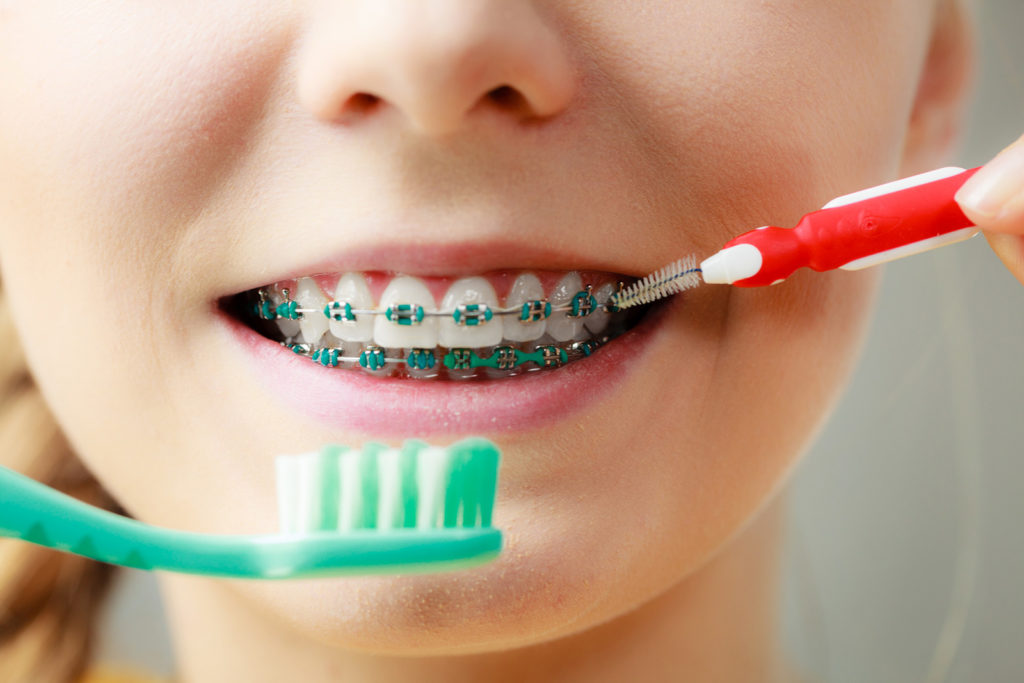The Reality of Tightening Loose Teeth at Home
A loose tooth can be a disconcerting experience, especially for adults. The natural instinct might be to try and tighten it at home. However, the reality is that there are limited effective home remedies for loose teeth, and some attempts might even worsen the situation. This comprehensive guide explores the reasons behind loose teeth in adults, delves into safe and effective strategies for managing them, and emphasizes the importance of professional dental care.
Understanding the Root of the Problem: Why Teeth Loosen in Adults
Unlike children who lose their baby teeth naturally, loose teeth in adults point to an underlying issue that needs to be addressed. Here are some common causes:
- Gum Disease: Gum disease (periodontitis) is the leading cause of loose teeth in adults. When plaque and bacteria accumulate at the gumline, they irritate and inflame the gums. Over time, this inflammation can damage the tissues and bone that support your teeth, leading to loose teeth and potential tooth loss.
- Injury: A blow to the face or trauma to the mouth can damage the supporting structures of a tooth, causing it to loosen.
- Dental Work: Sometimes, dental procedures like tooth extraction or root canal treatment can affect the stability of surrounding teeth, leading to some looseness.
- Nutritional Deficiencies: Lack of essential vitamins and minerals like vitamin C and calcium can contribute to weak bones and gums, potentially leading to loose teeth.
- Certain Medications: Some medications, such as bisphosphonates used for osteoporosis, can have a side effect of weakening the jawbone and increasing the risk of loose teeth.
The Limits of Home Remedies: Why DIY Solutions Might Not Be the Answer
While the internet might be filled with suggestions for tightening loose teeth at home, it’s crucial to understand their limitations and potential risks:
- Ineffectiveness: Most home remedies lack scientific evidence to support their effectiveness in tightening loose teeth. They might provide temporary relief from discomfort, but they won’t address the underlying cause of the looseness.
- Risk of Worsening the Problem: Some home remedies, such as applying excessive pressure to the loose tooth, can actually worsen the situation and damage the surrounding tissues.
The Safe and Effective Approach: Prioritizing Professional Dental Care
When you experience a loose tooth, seeking professional dental care is the most effective course of action. Here’s why:
- Accurate Diagnosis: A dentist can accurately diagnose the cause of your loose tooth and recommend the appropriate treatment plan. Early intervention is crucial to prevent further complications.
- Treatment Options: Depending on the cause and severity of the looseness, your dentist might recommend various treatments, such as:
- Scaling and Root Planing: This deep cleaning procedure removes plaque and tartar buildup from below the gumline, helping to control gum disease and promote healing.
- Antibiotics: If an infection is present, antibiotics might be prescribed to fight the bacteria.
- Splinting: In some cases, splinting can be used to stabilize loose teeth by temporarily bonding them to adjacent teeth.
- Surgery: In severe cases, surgery might be necessary to address bone loss or other underlying issues.
- Long-Term Management: Your dentist can develop a personalized plan for ongoing oral hygiene practices and regular checkups to maintain good oral health and prevent future problems.
Complementary Strategies to Support Oral Health
While there’s no magic bullet for tightening loose teeth at home, here are some practices that can support your overall oral health and potentially aid in the healing process, but only under the guidance of a dentist:
- Gentle Saltwater Rinses: Mixing half a teaspoon of salt in warm water and gently swishing for 30 seconds can help reduce inflammation and promote healing. However, avoid aggressive rinsing that might irritate the gums.
- Maintain Good Oral Hygiene: Brushing your teeth twice a day with a soft-bristled toothbrush and flossing daily are crucial for removing plaque and bacteria that contribute to gum disease.
- Balanced Diet: Eating a balanced diet rich in fruits, vegetables, and whole grains provides your body with the essential nutrients it needs for healing and maintaining strong bones and gums.
Frequently Asked Questions (FAQ)
Q: I have a loose tooth. Should I try to wiggle it to see if it’s getting tighter?
A: No, wiggling a loose tooth can actually worsen the situation. Avoid touching or manipulating the loose tooth and schedule an appointment with your dentist as soon as possible.




